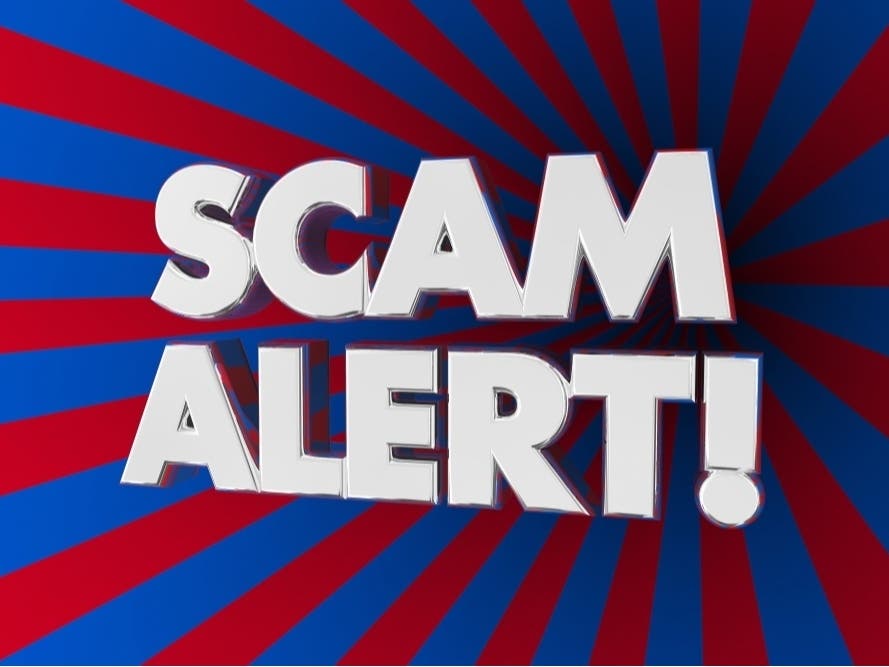Radnor Township: Beware of Bogus Invoices from Scammers
Residents of Radnor Township, Pennsylvania, have been receiving suspicious emails containing fraudulent invoices that appear to be from the township. These emails request payment for permitting and ordinance fees, and some even include township letterhead to add authenticity.
Details of the Scam
According to Radnor Police, the scammers are using generic email addresses to send out these bogus invoices. The invoices have been reported to reference various services, such as graphic design and commercial awning installations. In some cases, the sender’s name has no affiliation with the township and is a fake name.
Impact on Individuals
Anyone who receives a suspicious invoice should be cautious and verify its validity before sending any payment. Scammers may use the information gathered from these fake invoices to commit identity theft or steal money. If you have received an invoice from Radnor Township that seems suspicious, contact township officials to confirm its authenticity.
Impact on the World
This scam is not unique to Radnor Township and has been reported in other areas as well. Scammers are constantly evolving their tactics to trick people into sending money or providing personal information. It is essential to stay informed and vigilant against these types of scams to protect yourself and your community.
Conclusion
Radnor Township Police are urging residents to be cautious when receiving any invoice, especially those that request payment over the internet. Scammers are using fake invoices that appear to be from the township to trick residents into sending money. Anyone who receives a suspicious invoice should verify its authenticity before sending any payment. This scam is not limited to Radnor Township and has been reported in other areas as well. Stay informed and vigilant to protect yourself and your community from these types of scams.
Additional Information
According to the Federal Trade Commission (FTC), scammers often use email to send fake invoices or bills. They may use a fake name or company name and may even use a real company’s name without authorization. The FTC advises never to send money to unknown people or companies, especially over the internet. If you receive a suspicious invoice, contact your local law enforcement agency and report it to the FTC.
- Verify the authenticity of any invoice before sending payment.
- Do not send money to unknown people or companies, especially over the internet.
- Report any suspicious invoices to your local law enforcement agency and the FTC.
- Stay informed and vigilant against scams.





